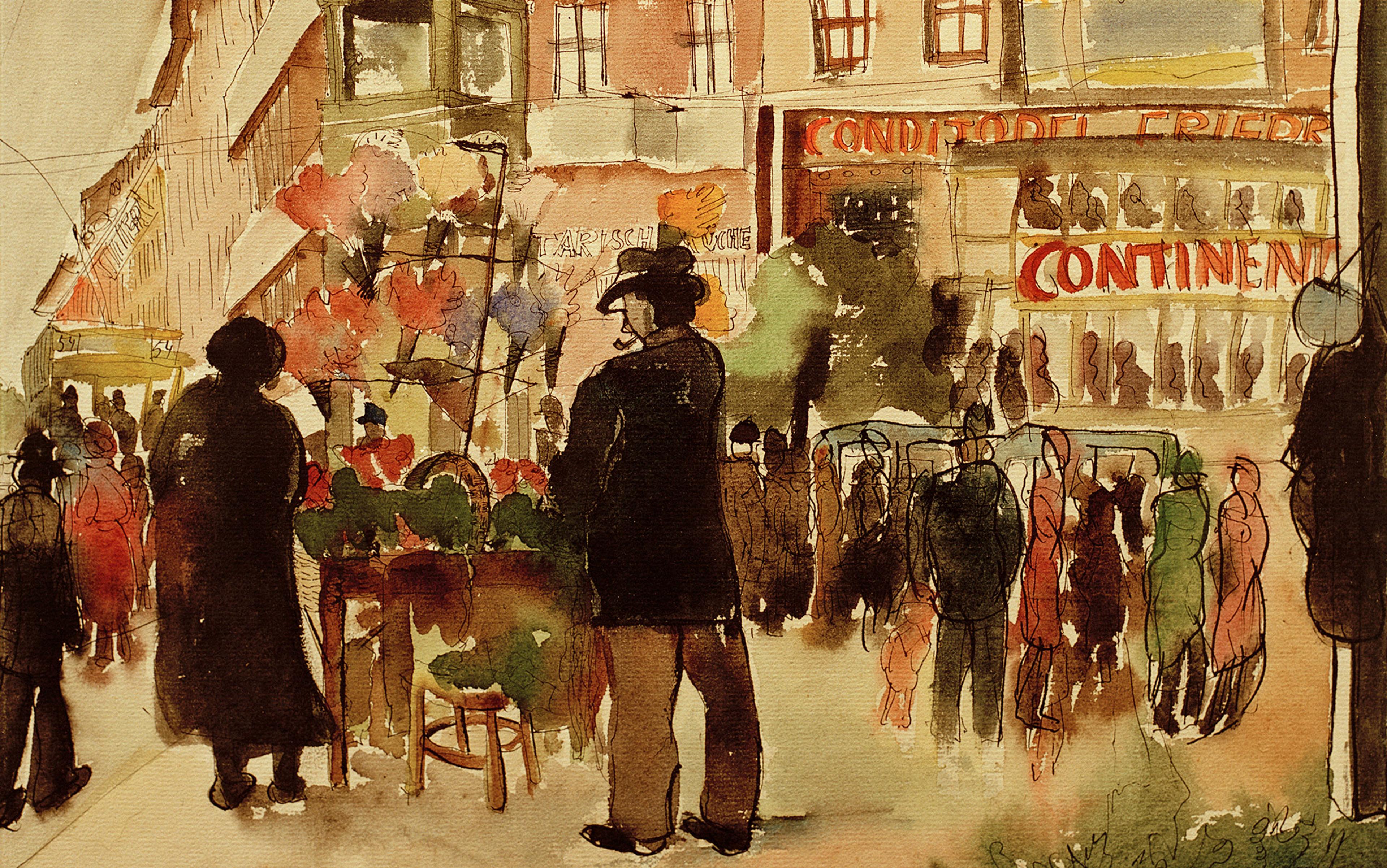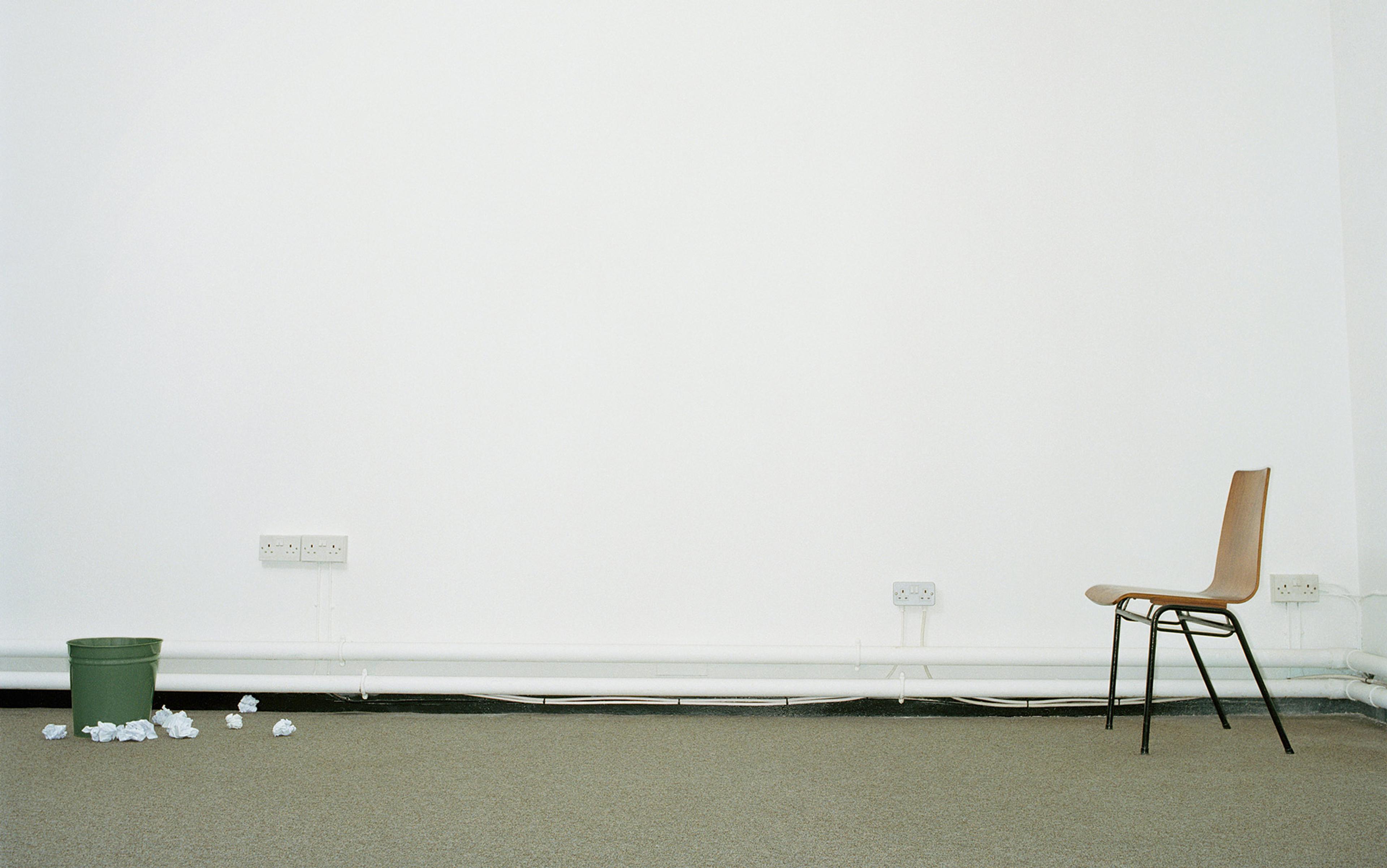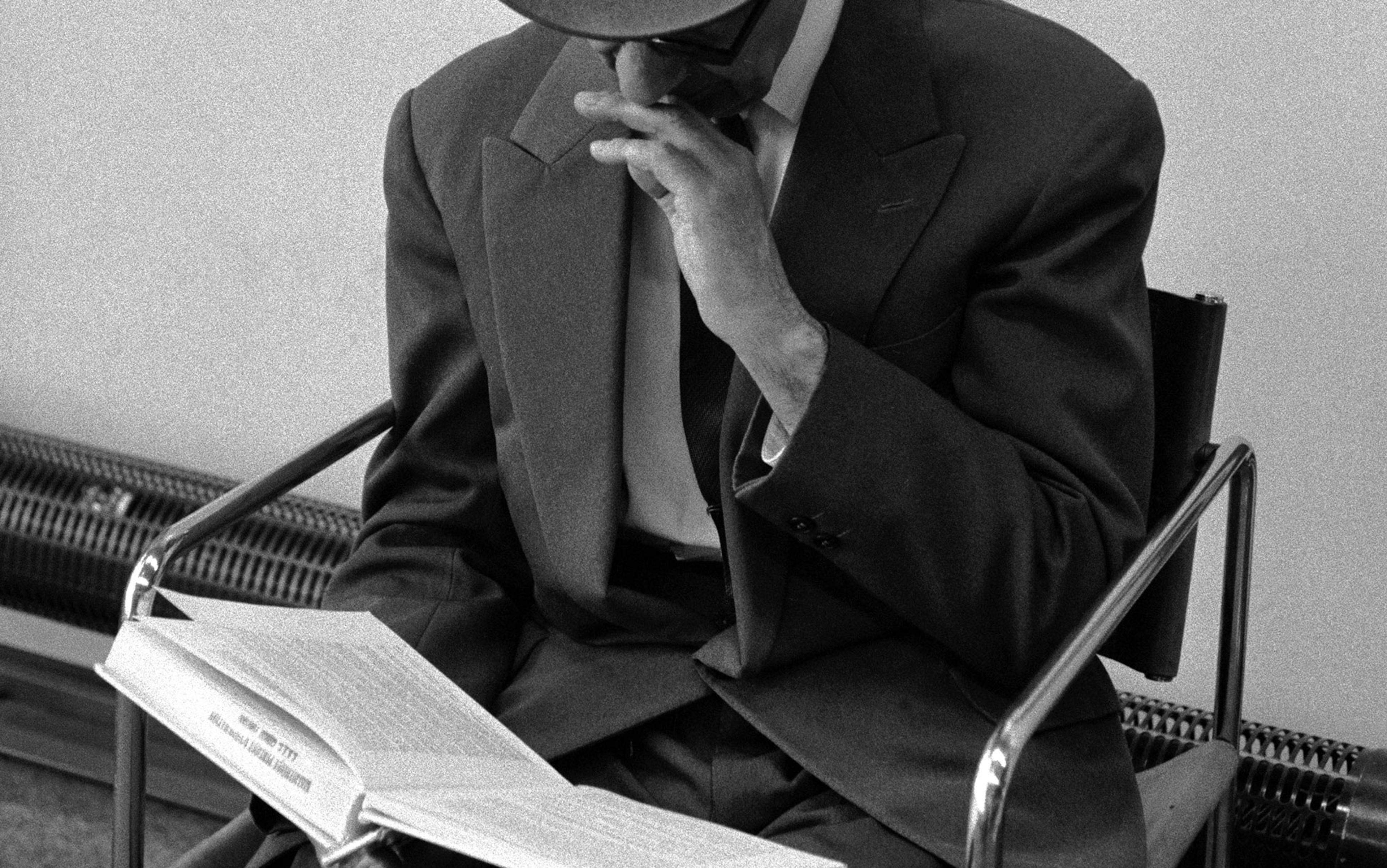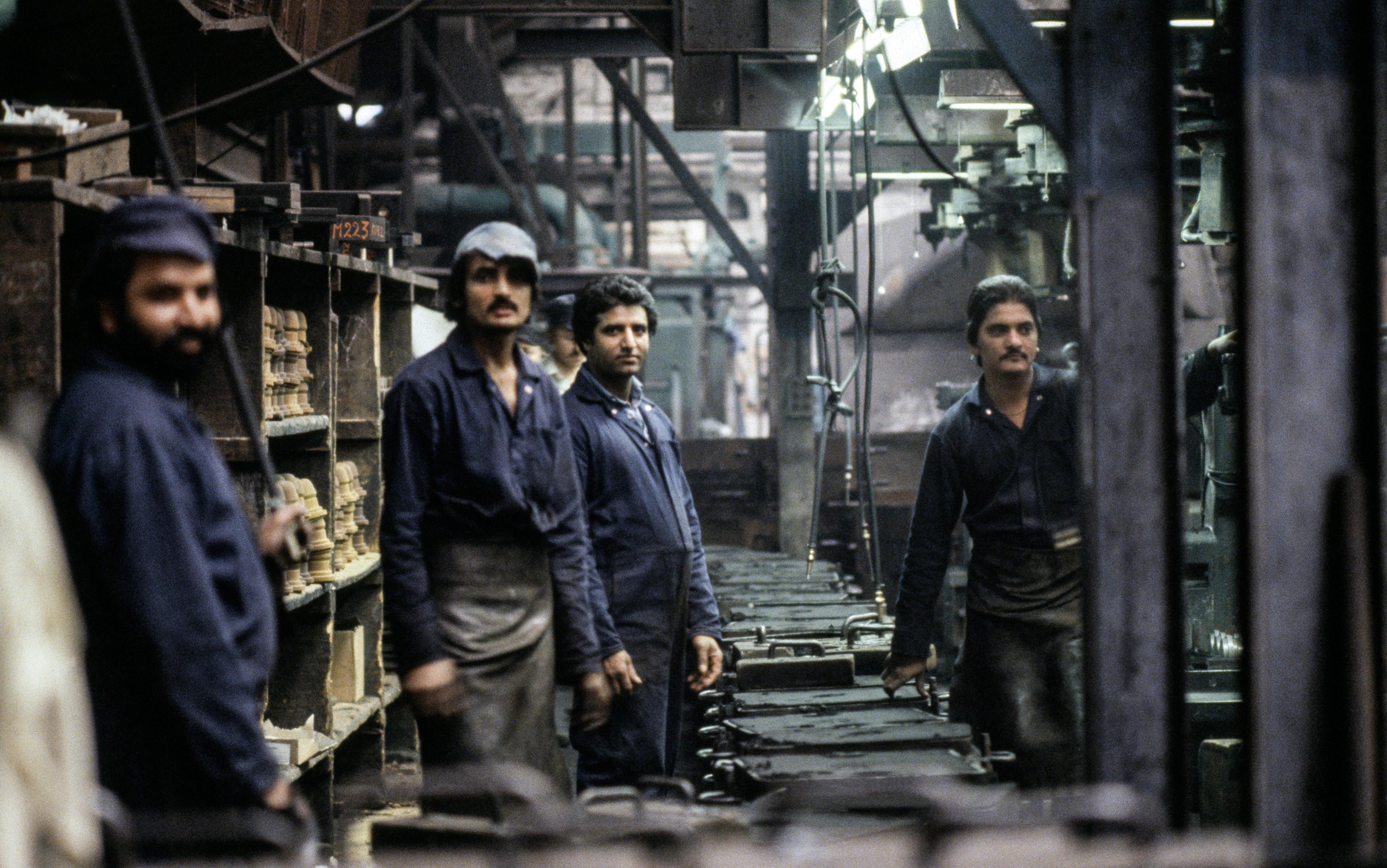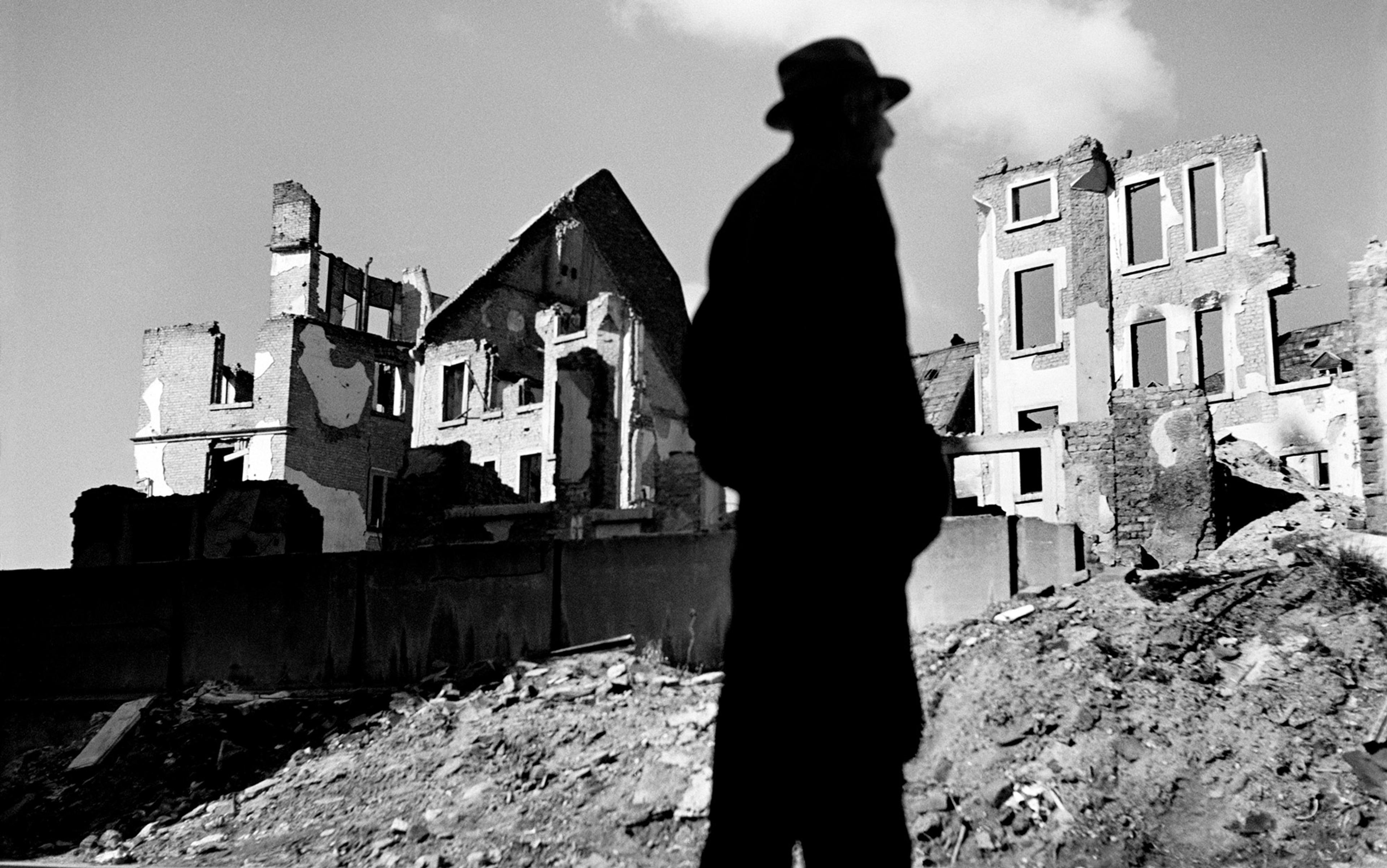In 1908, the first study of Germany’s ‘next generation of academics’ was published, written by the German economist Franz Eulenburg. After 200 pages of line graphs and tables, he concluded that they were neither young nor going anywhere. Although some who taught in Germany’s world-renowned universities enjoyed the freedom presumed to accompany an academic life, just as many merely endured. ‘Depressed and impoverished’, they waited for the ‘call’ – the Ruf as Germans termed it – to a permanent position they knew would never come. Stuck in precarious positions, excluded from faculty self-governance, without fixed salaries, these scholars, 38 years old on average, made up almost half the teaching staff in German universities.
Despite all these ‘broken existences’, as Eulenburg – himself a 41-year-old scholar with two published books but no regular position – called them, these academics remained committed to the university. Why?
Like most others who had withstood the rigours of Germany’s elite secondary schools and whose families strove to get their children through them, they regarded the university as the pinnacle of the nation’s intellectual and moral culture. They identified it with an intellectual life. The university also offered one of the few paths for aspiring intellectuals to make a living while doing what they enjoyed: reading, writing, talking.
The university was a modern-day patronage system. Intellectuals had long relied on the powerful and wealthy to provide for their material needs. In return, intellectuals advised princes and kept bureaucracies running efficiently. With the rise of the modern research university in 19th-century Germany, they assumed an even greater social role as members of a community that created knowledge for society at large.
Leipzig University, where Eulenburg taught, was founded in 1409. It began with a few hundred students, and remained roughly that size for centuries. In the 1830s, enrolments began to increase dramatically. As the state started to invest significant financial resources, a modern scholarly infrastructure and a division of intellectual labour emerged. In 1909, Eulenburg noted that although Leipzig University was 500 years old, it had become an ‘industrial operation’ in just the past 50.
The university’s evolution, he added, was a ‘microcosm’ of how life had changed in just a few decades. Modernity showed itself not just in urbanisation, industrialisation and steam-engine train travel, but also in the remaking of intellectual life. The transformation of the German university had far-reaching effects on the production of trustworthy knowledge. The conditions of intellectual life matter, and at the beginning of the 20th century many of the German cultural elite, especially younger people, felt like they were breaking down.
Eulenburg described the factory-like conditions of the modern university with statistics. Members of the Free Student Alliance (FSA), a Left-leaning national federation of university students, railed against them with soaring and nostalgic rhetoric. ‘The historical vocation’ of students and the university, wrote Walter Benjamin in 1914 as president of the Berlin branch, was to ‘liberate the future’ from its deformation in the present. Benjamin and his fellow student activists contrasted their high-minded devotion to the university with the utilitarian interests of ‘vocational students’, a term of derision for those who used the university to collect credentials and get a job. By asserting the impossibility of intellectual work or an intellectual vocation, the students of the FSA were not only lamenting the loss of a sacred institution; they were also expressing their sense that, in its absence, something would be missing.
In the summer of 1917, leaders of the FSA’s Munich branch decided to organise a lecture series on ‘intellectual work as a vocation’. They did so in the final year of the First World War, when Germans faced severe food shortages and millions of young men returning from war maimed, or not at all. The students sent their first invitation to the economist and social theorist Max Weber.
When he walked on to the podium on 7 November 1917 in the Steinickesaal – a small theatre connected to the bookshop where the students met – Weber delivered the lecture ‘The Scholar’s Work’, translated into English as Science as a Vocation. Weber thought that universities were in a dire situation. He worried about the conditions of knowledge and the possibilities for making meaning. But Weber did not think that the university and an intellectual life were necessarily the same thing. His answer to the students’ question about the standing of intellectual work is even more relevant today, when the prospects for viable scholarly careers in Anglo-American colleges and universities are dim and the fears of a global pandemic can render concerns about an intellectual life frivolous.
Weber began with a blunt account of the material conditions of the university. He enumerated the structural problems: terrible teaching, workplace discrimination, the exploitation of the labour force, an arbitrary hiring process, and a businesslike and, thus, uninspired understanding of the scholar’s vocation. The universitas litterarum (the ideal of the university as a corporation of scholars devoted to learning), he concluded, had become a ‘fiction’.
The transformation of the university into a capital-intensive, bureaucratically organised enterprise was not simply an effect of academic specialisation. More than a century earlier, Adam Smith and Immanuel Kant had observed how some universities had begun to function as factories and organise themselves around the division of intellectual labour. Weber considered what he called the ‘Americanisation’ of German universities – their saturation by the ‘spirit’ of American capitalism – more consequential than specialisation. They now required largescale funding. They separated the academic ‘worker from the means of [scholarly] production’ – libraries accumulated unprecedented numbers of books, research institutes stockpiled instruments, and state-appointed bureaucrats controlled access to both. Universities had become ‘state capitalist enterprises’.
In an enchanted world, the bearers of meaning exist outside our own minds
Weber explained how these changes shaped the experience of scholars and transformed the character of intellectual work. In the debates preceding the founding of the University of Berlin in 1810 – considered by many the first research university – the exemplary figure of university and scholarly life had been the philosopher performing the act of thinking, lecturing charismatically before a lecture hall of students. Real scholarship involved contemplation and theorising as embodied in the persona of the philosopher.
Over the course of the 19th century, however, the speculative idealism and metaphysical aspirations that had characterised German philosophy gave way to anti-foundationalism and empiricism. System building yielded to data collection. Idealist philosophy ceded authority to the natural sciences and empirically based forms of history and philology. Philosophical reflection evolved into scholarly work. Whereas the former was unquantifiable, the latter could be counted and, thus, more easily accounted for.
For Weber, the ascendance of calculation referred not only to the increased significance of numbers and the quantification of natural and social phenomena, but also to the power of calculation as a cultural ideal to form the kinds of people a modern factory, government office or research university needed. The data collection of a state bureaucracy or the management of big research projects that required the coordination of dozens of academic ‘workers’ shaped people’s desires: the civil servant’s desire for a slightly more important position or the student’s pursuit of the next credential. Both lived according to the predictable order afforded by a culture of calculation.
Scholars experienced these institutional transformations most immediately through the psychological effects of intellectual specialisation. To achieve something of value within the modern, disciplinary university, insisted Weber, a scholar must put ‘blinders on’ and devote himself to one question within a defined domain. He had to be satisfied with productive questions not definitive answers; industrious; committed to method; patient and reconciled to the fact that insights come to those who work; and, finally, resigned to the inevitable obsolescence of his own work.
A scholar’s work also required ‘a strange intoxication’, Weber said. The scholar wants to imbue his life with meaning; he wants to give it a form that connects him with other people and a world beyond himself. In this sense, the specialised scholar seeks wonder but shifts its object. Saint Augustine advised early Christian readers to begin their study of scripture humbly and full of wonder, an acknowledgment that the scripture points to a well-ordered and meaningful universe. The modern philologist, in contrast, begins with critique and ends in wonder. For the latter, the object of wonder is not a divinely ordered cosmos, but rather the meaning produced through his own scholarly work, the fruit of method and technique. The modern scholar is struck by his own capacity to explain and reveal what seems discrete and particular.
It was here that Weber introduced the idea of ‘disenchantment’ – or, more in keeping with the German Entzauberung – ‘de-magicking’. Some prominent readers have mistaken Weber’s ‘disenchantment’ for a grand process of secularisation, the widespread loss of religious belief. Yet in ‘The Scholar’s Work’, Weber uses the term to refer to an incomplete process in which people experience meaning as something not given or existing readymade in the world. In an enchanted world, the bearers of meaning exist outside of our own minds. For those who live in a disenchanted world, however, meaning is something to be achieved. Weberian disenchantment of the world, properly understood, is a burden but also an opportunity for true freedom.
Weber delivered ‘The Scholar’s Work’ lecture while writing a sociology of world religions. In 1915, he’d described the project (which was never completed) as a study of five world religions – Buddhism, Christianity, Confucianism, Judaism, Hinduism – as ‘systems for the regulation of life’. Each of these religions represented different cultures of calculation and rationalisation. In each of them, Weber observed how humans differently order their lives by developing habits organised around repetition and rules. These rules could be oppressive, but they could also be adaptive, elastic and supple, pliable to the needs of particular communities and individuals. Intellectual work – as the dual meaning of geistig suggests – was spiritual work. It entailed forming but also being formed in accord with moral exemplars and ideals given form in practices and rules.
In The Protestant Ethic and the Spirit of Capitalism (1905), Weber described the daily disciplines of Benedictine, Jesuit and Cistercian monks as rules for living. These liturgies imbued a monk’s day with a rhythm and reasons for conducting himself in a particular way. The Benedictine Rule’s division of each day into set periods of ora and labora, for example, is often counted with the ringing of a bell.
The Rule gives form not only to an individual monk’s day but also to the community and common projects that could stretch over years and unto death, such as copying manuscripts in the Scriptorium. The work of a monk is not paid by the hour. For the Benedictines, work, like liturgical prayer or leisure, has its own internal goods – for example, the joy of discovering an irreverent image in the margins of a manuscript – and is an act of worship. Spiritual disciplines transform a monk’s body, mind and soul; they help make right action habitual; and they orient him to Christ.
Monastic communities, observed Weber, considered a well-lived life a well-ordered one. Even with its transcendent orientation, the Benedictine Rule, for example, is mundane. Its existential realism is based on the recognition that ‘the inertia of disobedience’, as the Rule reads, erodes attention. Discipline links a person to reality, making it possible to listen, see and be in the here and now. Weber claimed to see how in various forms of 16th-century Protestantism such disciplined ways of living had escaped the walls of churches and monasteries and become imperative for all (Protestant) Christians. The ascetic, who ‘works’ tirelessly on his own life according to a discipline or method, hopes for transformation.
Under capitalism, vocation and work had become the primary forms of discipline for modern life
In ‘The Scholar’s Work’, Weber addresses the meaning of an intellectual vocation by adapting the idea of a ‘religious regulation of life’ and, in particular, the concept of Beruf, the word that appears in the title of his Munich lecture and means ‘calling’, ‘vocation’ – or ‘work’, in modern times. In order to articulate the paradoxical notion of a true calling in a time when the gods who might issue it have left, fallen silent or been drowned out by modernity’s rational structures, Weber draws on an analysis of Calvinism that he had presented more than a decade earlier in The Protestant Ethic and returned to as part of his studies of world religions. What forms of human agency were possible in a world of bureaucratic constraints, the erosion of traditional forms of authority, and the proliferation of often conflicting values?
For Weber, vocation had two meanings: a traditionally religious one, as in a calling from God, and a professional one, as one’s job or employment. Vocation referred to both an individual form of specialisation and a social category of organisation. To fulfil one’s calling was to act on an individual belief (that one had, in fact, been called to do and serve something in particular) but also to fit into an extra-individual, specialised and rational organisation of the social world. Weber thought that this distinctly Western conception of vocation emerged as a possible solution to the problem of meaning by tying together the need to earn money and the need to conceive of one’s life as a coherent whole. Under capitalism, vocation and work had become the primary forms of discipline for modern life.
Yet, all disciplines can form as well as deform the lives they are purported to guide. They can fail and harm not because disciplines and rules are necessarily oppressive, but rather because historically they have often developed into what Weber in the Protestant Ethic called ‘shells as hard as steel’. Instead of helping people shoulder intellectual or moral burdens, disciplines and rules can become fixed and obviate the possibility of judgment and exceptions. The automation of physical labour has an analogue in the formalisation of intellectual and moral activity: the hardening of habits into mechanicalness. When disciplines and rules become recalcitrant and rigid, reflection on why a given rule or discipline exists at all can become impossible.
Weber thought that, in contrast to the transcendent aspirations of monastic asceticisms, modern asceticisms aimed for human self-perfection in this world. Common to each of these modern disciplined ways of living was a commitment to truth, to facing up to the demands of the day, or what he termed a ‘matter-of-factness’. In order to claim a life as one’s own, one must be able to give an account of oneself in light of one’s present moment and the conditions in which one lives.
To the students’ question ‘Is intellectual work still possible as a vocation?’ Weber offered a response at once emphatic and oblique. Whether intellectual work – understood as a particular job such as a professor or writer – was sufficiently valued by any given institution or group of people was not an urgent concern. The more important and pressing concern was the saturation of spiritual work far beyond churches, monasteries or even universities. Under the cultural conditions of capitalism, the maintenance of ethical disciplines was no longer the dominion and responsibility of a cultural elite, be it Christian monks, turn-of-the-century literati or the captains of industries. When the ethos of capitalism loosened ultimate values from distinct forms of life and transformed values into commodities, everyone inherited that responsibility.
Shortly before his death, Weber told a friend that scholarship had always been his ‘confession’, and that ‘The Scholar’s Work’ was more than a scholarly study. It was a personal account of his chosen intellectual vocation. For Weber, to follow the calling of scholarship meant being attentive to the world in which he found himself and to take responsibility for the future. In 1917, he thought that his calling continued to commit him to the university.
Yet Weber also understood that disciplinary scholarship as practised in modern universities was one of many possible ways of leading an intellectual life. It was an all-too-common ‘vanity’, he told the audience, to imagine that the businessman or the artist didn’t also engage in their own forms of intellectual work. Like most of Germany’s cultured elites who believed in the salvific promises of their educational institutions, the students who invited Weber had misapprehended the scope and significance of intellectual work. Instead of worrying about the future of jobs immediately recognisable as intellectual, they ought to think more broadly about how knowledge is made and meaning is crafted. The sorry state of German universities was part of a much longer history of sinecures, patronages and subsidies – the material conditions of intellectual work and cultural authority.
The most urgent questions concerned the forms for conducting a life and the character, habits and virtues that might sustain them. Intellectual work was spiritual work. Anyone seeking to craft a meaningful life engages in it. It is a task for all those who live in a disenchanted world in which meaning is not something that inheres in the world itself or that a job can simply provide, but rather is something to be asserted and made (and contested) by and among humans themselves.
Intellectual and spiritual goods are no longer luxuries for an already liberal and unencumbered aristocracy
Adam and Eve were condemned to toil in the dirt and through the physical pains of pregnancy and childbirth, but also to enjoy the goods of that physical labour. Even in a postlapsarian world, they knew it to be divinely ordered and laden with meaning. Many of us have left that world and live in one with different, all-too-human hierarchies and forms of oppression.
With this liberation came a new form of intellectual and spiritual work. Adam and Eve’s disenchanted descendants work to produce not just food for their stomachs but also purpose for their souls. Intellectual and spiritual goods are no longer luxuries for an already liberal and unencumbered aristocracy; they are now needs for anyone hoping to realise the promise of freedom and not just suffer its discomfiting effects. Spiritual work is both burdensome and liberating.
Weber didn’t believe in the guarantee of human self-perfection. He rejected the unconstrained expectations of some liberals and more-radical socialists who held out hope that an embrace of human autonomy would make such perfection possible. His was a bleak, not a perfectionist, liberalism for which freedom was inextricable from duty and responsibility.
But it was a liberalism nonetheless, and so his final injunction to his audience in Munich was: ‘We should set to work and meet the demands of the day – of our life’s work – both professionally and personally.’ In these final lines, Weber ties the vocational to the human; the specialised, disciplined and constrained to the responsibility to lead a life. We have no other choice but to act as though such perfection is our potential future. In a disenchanted age, we all, not only the self-christened intellectuals, must go about the work of learning how to live. Whoever continues to look out over the horizon hoping for a prophet or history or reason to bring meaning avoids the work of becoming human.
